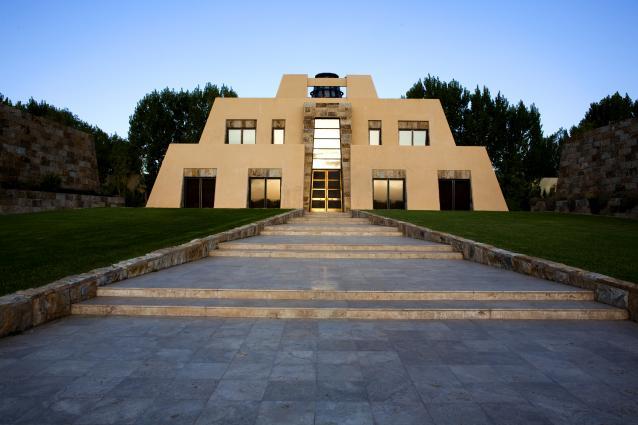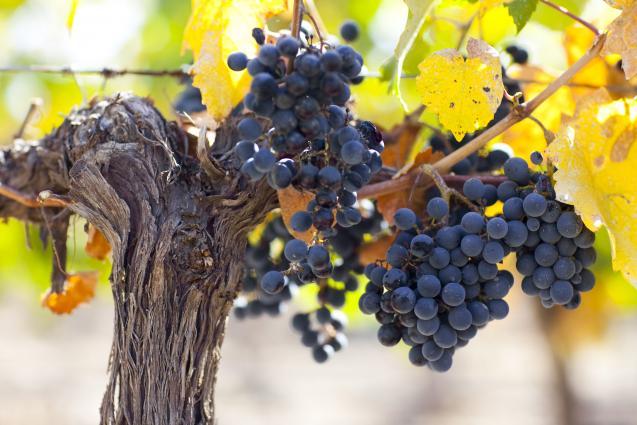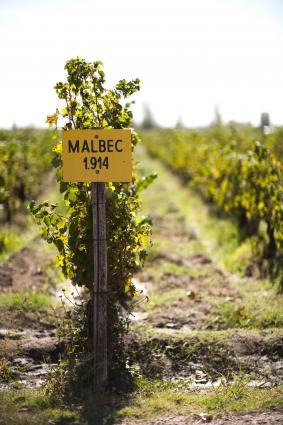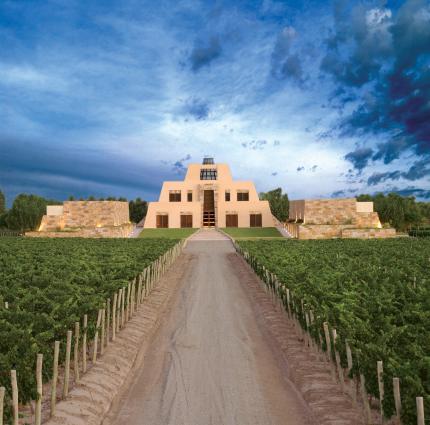Catena Zapata Adrianna Vineyard Mundus Bacillus Terrae

Wine Description
Nicolás Catena dared to plant vines where no one thought they would ripen. His high-altitude wine revolution culminated in the discovery of a new terroir for wine, the Adrianna Vineyard, at almost 5,000 feet elevation.
He discovered that the average temperature decreases with higher altitudes, and the diurnal range increases. The cooler climate at this extreme elevation preserves natural acidity and increases polyphenols, while the intense mountain sunlight strengthens the tannins, producing wines of incredible depth and complexity. The wines consistently prove to have more minerality and acidity than wines from other sites in the Southern Uco Valley at lower altitudes.
 Acclaim
Acclaim
 Vineyard & Production Info
Vineyard & Production Info
 Winemaking & Aging
Winemaking & Aging
 Analytical Data
Analytical Data
 Wine Production
Wine Production
This parcel is scattered with limestone and marine deposits that covered the region millions of years ago. The limestone layers are well-drained and particularly rich in rhizobacteria, the microorganisms that help roots withstand stress and absorb nutrients in the extreme conditions of the cold, arid Adrianna Vineyard. Mundus Bacillus Terrae ("microbes of the earth," in Latin) pays homage to these bacteria.
The 1.4-hectare parcel of vines produces a wine of remarkable concentration and great acidity.
 About the Vineyard
About the Vineyard
Adrianna Vineyard is considered the most studied vineyard in the world. The Catena Institute of Wine has published 25 papers focused on micro-organisms, pollinators, birds, and native vegetation in prestigious peer-reviewed journals. A dedicated task force monitors energy consumption, weather stations map soils, 44 nesting crates provide habitats for native birds, and 39% of the vineyard land remains in virgin conditions.
Each of the Catena Zapata family vineyards is divided into parcels according to their soil composition. These parcels are farmed individually, with an eye on encouraging their most authentic fruit expression. The Adrianna Vineyard wines are Certified Organic by Letis.










